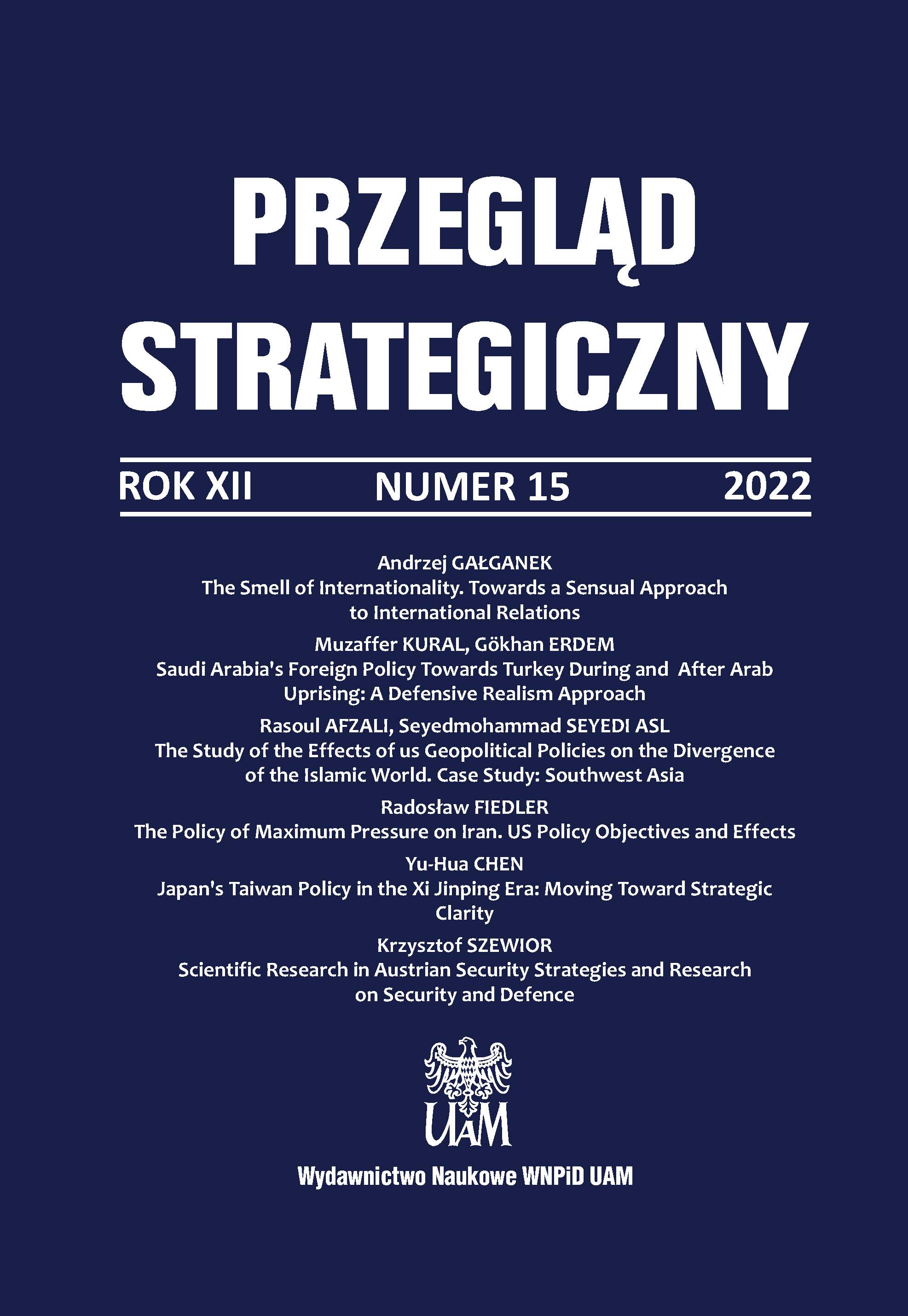Fake News and Content Manipulation Under Russian Information Aggression
Fake News and Content Manipulation Under Russian Information Aggression
Author(s): Vitalii Kornieiev, Vyacheslav Ryabichev, Tetiana GlushkovaSubject(s): Politics / Political Sciences
Published by: Uniwersytet Adama Mickiewicza
Keywords: hybrid war; information warfare; fake news; manipulation technologies; Russian aggression in Ukraine
Summary/Abstract: The article explores the information aggression of Russian mass media in the hybrid war against Ukraine by analyzing cases when Russian media spread distorted or fake information in their coverage of the annexation of Crimea, the military conflict in Donbas, and political events inside and outside Ukraine. The research employs content and comparative analyses to study the structure of fake news as well as methods to use and disseminate the news among readers. In particular, attention is paid to manipulation technologies in social media. The article examines the concept of hybrid war that Russia managed to actualize during its occupation of Crimea and a part of Eastern Ukraine, its methods to expand into external information space during the Ukrainian presidential election and its increasing tension in relations with the United States and Iran. The results of the research consist of the analysis of techniques used in Russian mass media texts to spread fake news and influence audiences; the article also puts forward a classification of fake news as well as offers recommendations on ways to counteract disinformation in crisis communication. It is also argued that Russia is waging the war not only in the content environment of Ukraine but also that of many other countries. It is urgent that various forms and methods of Russian influence on the public opinion, its attempts to shape pro-Russian views in the democratic Western world, imposition of one-sided interpretation of international treaties should be resisted by teaching media literacy to audiences as well as by granting them with transparency and unimpeded access to original information sources.
Journal: Przegląd Strategiczny
- Issue Year: XII/2022
- Issue No: 15
- Page Range: 187-209
- Page Count: 24
- Language: English

